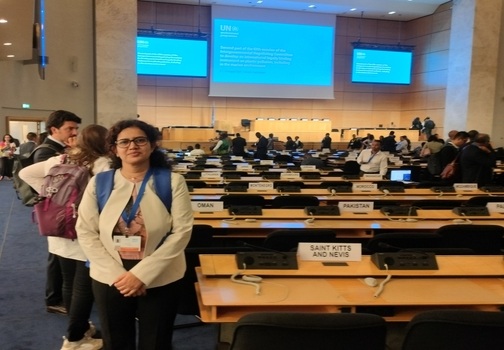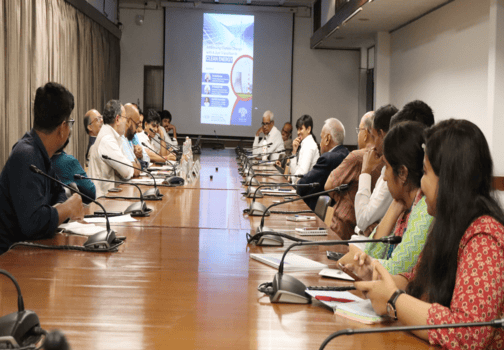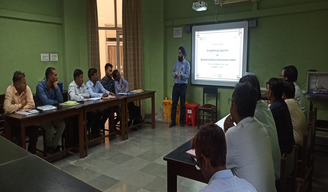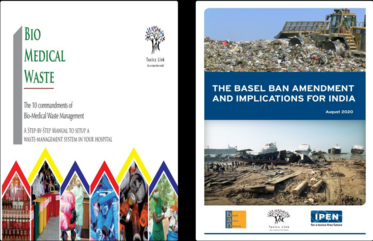Impact of industrial pollution on local ecosystems
GOVERNMENT OF INDIA
MINISTRY OF ENVIRONMENT, FOREST AND CLIMATE CHANGE
RAJYA SABHA
UNSTARRED QUESTION NO. 2304
TO BE ANSWERED ON 20.03.2025
Impact of industrial pollution on local ecosystems
2304. SHRI JAVED ALI KHAN:
Will the Minister of ENVIRONMENT, FOREST AND CLIMATE CHANGE be pleased to state:
(a) whether Government has conducted any recent studies on the impact of industrial pollution
on local ecosystems and biodiversity;
(b) if so, findings of the study thereof, if not, the reasons therefor;
(c) the details of measures being taken to strengthen pollution control enforcement in
environmentally sensitive areas; and
(d) whether there are any plans to rehabilitate and restore polluted ecosystems, and if so, the
details thereof?
ANSWER
MINISTER OF STATE IN THE MINISTRY OF ENVIRONMENT, FOREST AND CLIMATE CHANGE
(SHRI KIRTI VARDHAN SINGH)
(a) to (d) No such studies regarding the impact of industrial pollution on local ecosystems and biodiversity have been carried out recently by the Ministry. In order to mitigate pollution and to safeguard environment, Government of India has enacted the Water (Prevention and Control of Pollution) Act, 1974, the Air (Prevention and Control of Pollution) Act, 1981 and the Environment (Protection) Act, 1986. Under the provisions of these acts, Central Pollution Control Board (CPCB) and State Pollution Control Boards (SPCBs) / Pollution Control Pollution Committees (PCCs) implement various rules and directions to protect environment.
The Ministry of Environment, Forest and Climate Change (MoEF&CC) notifies “Standards for Emission or Discharge of Environmental Pollutants from various Industries” under Schedule-I of the Environment Protection Rules, 1986. The general standards as notified under Schedule-VI of the Environment Protection Rules, 1986 are applicable where specific standards are not available for the industrial sectors. The concerned SPCB/PCC ensures the implementation of said standards. CPCB has directed all 17 categories of high pollution potential industries and common waste treatment facilities to install Online Continuous Effluent/ Emission
Monitoring Systems (OCEMS) for strengthening monitoring mechanism and effective compliance through self-regulatory mechanism and constant vigil on pollution levels. Real-time values of environmental pollutants of trade effluent and emissions generated through OCEMS are transmitted online to CPCB and concerned SPCB/PCC on 24×7 basis. Central software processes the data and in case of value of pollutant parameter exceeds prescribed environmental norms, an automatic SMS alert is generated and sent to industrial unit, SPCB and CPCB, so that corrective measures can be taken by the industry immediately and appropriate action can betaken by concerned SPCB/PCC/CPCB. In addition setting up of new red category industries or expansion of such industries, as specified by the CPCB from time to time, is prohibited in the Eco-Sensitive Zone/Ecologically sensitive Areas.
The Public Liability Insurance Act, 1991, as amended through the Jan Vishwas (Amendment of Provisions) Act, 2023, enables allocation of funds from Environmental Relief Fund by the Central Government for restoration of environmental damage due to manufacture, processing, treatment, package, storage, transportation, use, collection, destruction, conversion, transfer or such other processes, of hazardous substances, based on an application made by the Central Pollution Control Board or the State Pollution Control Board. CPCB has prepared detailed action plan for remediation of identified contaminated sites.






